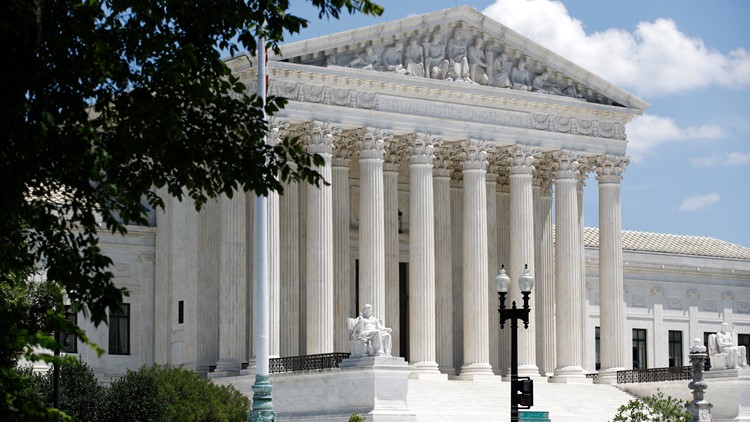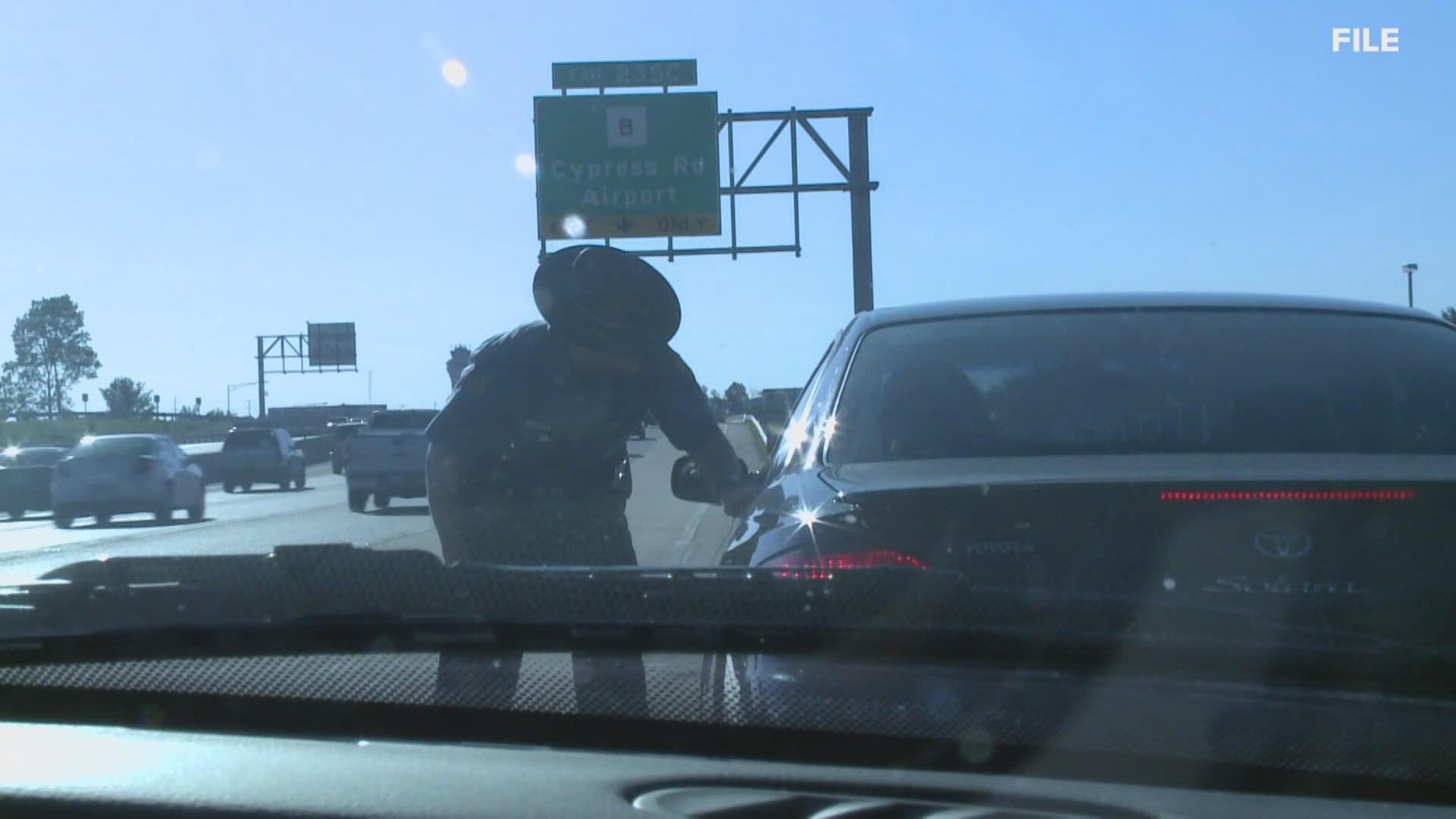WASHINGTON — The Supreme Court on Monday refused to hear an appeal from a Missouri death row inmate who is seeking execution by firing squad.
Over the dissent of the three liberal justices, the court left in place a lower court ruling against inmate Ernest Johnson that could allow him to be executed by lethal injection. He is on death row for killing three convenience store workers in Columbia, Missouri, in 1994.
Johnson has argued that Missouri’s lethal injection drug, pentobarbital, could trigger seizures because of a brain condition. Johnson still has part of a benign tumor in his brain.
The effect of the court's order Monday is to prevent Johnson from amending his lawsuit to include the possibility of execution by firing squad, which is not authorized under Missouri law.
Based on prior Supreme Court rulings, an inmate who objects to the state's chosen method of execution has to suggest an alternate means.
Johnson initially suggested he could be put to death using nitrogen gas, which is allowed in Missouri. But the Supreme Court has held that states could decline to use a method of execution that has no track record, as is the case with nitrogen gas.
But when Johnson tried to suggest a firing squad, a method with a long history of use in the U.S., judges on the 8th U.S. Circuit Court of Appeals said he acted too late.
Justice Sonia Sotomayor wrote for herself and colleagues Stephen Breyer and Elena Kagan that Johnson should be able to make his case. “We should not countenance the infliction of cruel and unusual punishment simply for the sake of expediency. That is what the Eighth Circuit’s decision has done. Because this Court chooses to stand idly by, I respectfully dissent,” Sotomayor wrote.
The state planned to execute Johnson in 2015, but the Supreme Court intervened on his behalf then.



